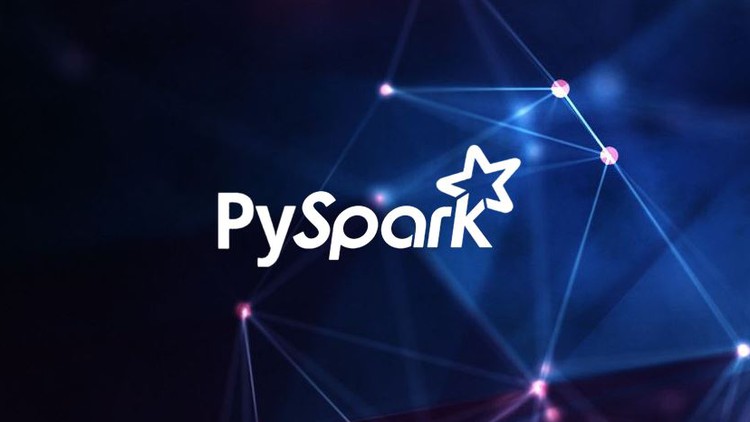
Data Engineering, PySpark, Coding exercise
What you will learn
Fundamentals of PySpark
Hands on experience in PySpark
Understanding of data using PySpark
Performing various operations on DataFrame
Description
This course will prepare you for a real world Data Engineer role !
Learn to code PySpark like a real world developer. Here our major focus will be on Practical applications of PySpark and bridge the gap between academic knowledge and practical skill.
In this course we will get to know and apply few of the most essential and basic functions in PySpark, that are used frequently in scripting for any project based on PySpark.
About PySpark:
Learn the latest Big Data Technology – Spark! And learn to use it with one of the most popular programming languages, Python!
One of the most valuable technology skills is the ability to analyze huge data sets, and this course is specifically designed to bring you up to speed on one of the best technologies for this task, Apache Spark! The top technology companies like Google, Facebook, Netflix, Airbnb, Amazon, NASA, and more are all using Spark to solve their big data problems!
Spark can perform up to 100x faster than Hadoop MapReduce, which has caused an explosion in demand for this skill! Because the Spark 2.0 DataFrame framework is so new, you now have the ability to quickly become one of the most knowledgeable people in the job market!
What you will learn :
- SparkSession and imports
- Spark DataFrame and its characteristics
- Syntax and example
- Print results
- Understanding the data
- Number of records
- Columns in dataFrame
- Describe a DataFrame
- Schema of a DataFrame
- Create a new column
- Arithmetic operations on Data
- Change column data type
- Create a column with integer as constant
- Apply what we know
- Rounding of digits
- Sorting operation
- Drop columns
- Rename columns
- Create a column with string as constant
- Conditional Statements
- Changing case of a column
- Filter operations
- Grouping and aggregations
Prerequisites :
- Some basic programming skills (Not Mandatory)
- Will to implement theoretical knowledge in pratical.
Who this course is for:
- Beginners who want to learn Big Data or experienced people who want to transition to a Big Data role
- Big data beginners who want to learn how to code in the real world
- Aspiring candidates for data engineering role
Content